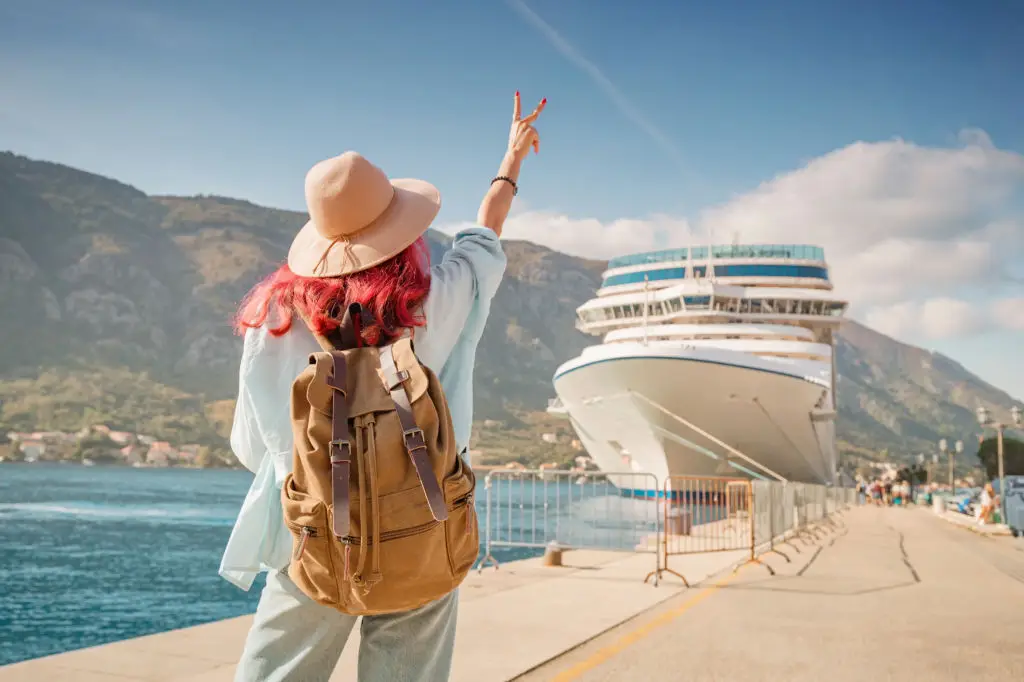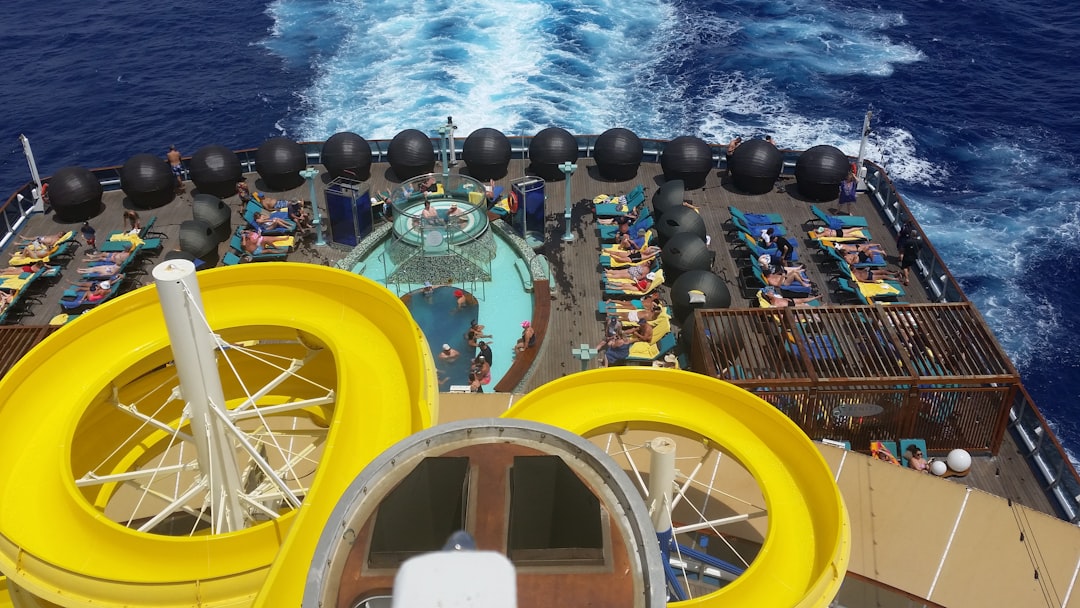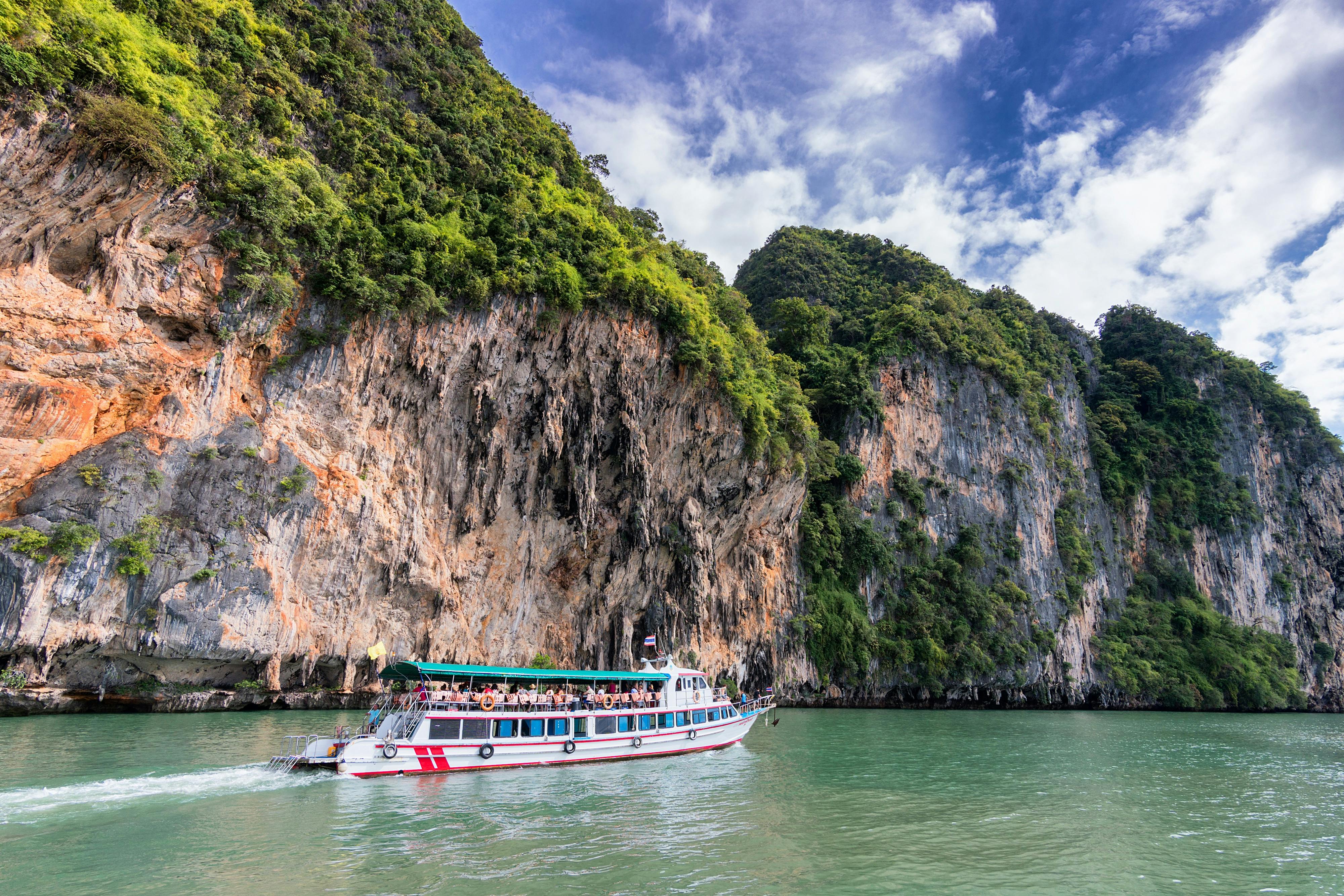10 Ways to Build Resilience Through Solo Travel Misadventures
Solo travel is an alluring concept that promises freedom, self-discovery, and adventure. It is a journey where the traveler is the sole architect of their experiences, free from the constraints of group dynamics and the expectations of companionship. The idea of setting out alone into the world is both exhilarating and daunting, as it requires one to rely solely on their wits, instincts, and capabilities. This independence can be empowering, fostering a sense of resilience that is often tested by the unpredictable nature of travel. The misadventures encountered along the way become pivotal moments of growth, shaping the traveler into a more resilient and resourceful individual. This article delves into the various misadventures that solo travelers face and how these challenges contribute to building unbreakable resilience. Through a series of interconnected narratives, we will explore the transformative power of solo travel misadventures and the lasting impact they have on the traveler’s life.
1. Navigating Language Barriers
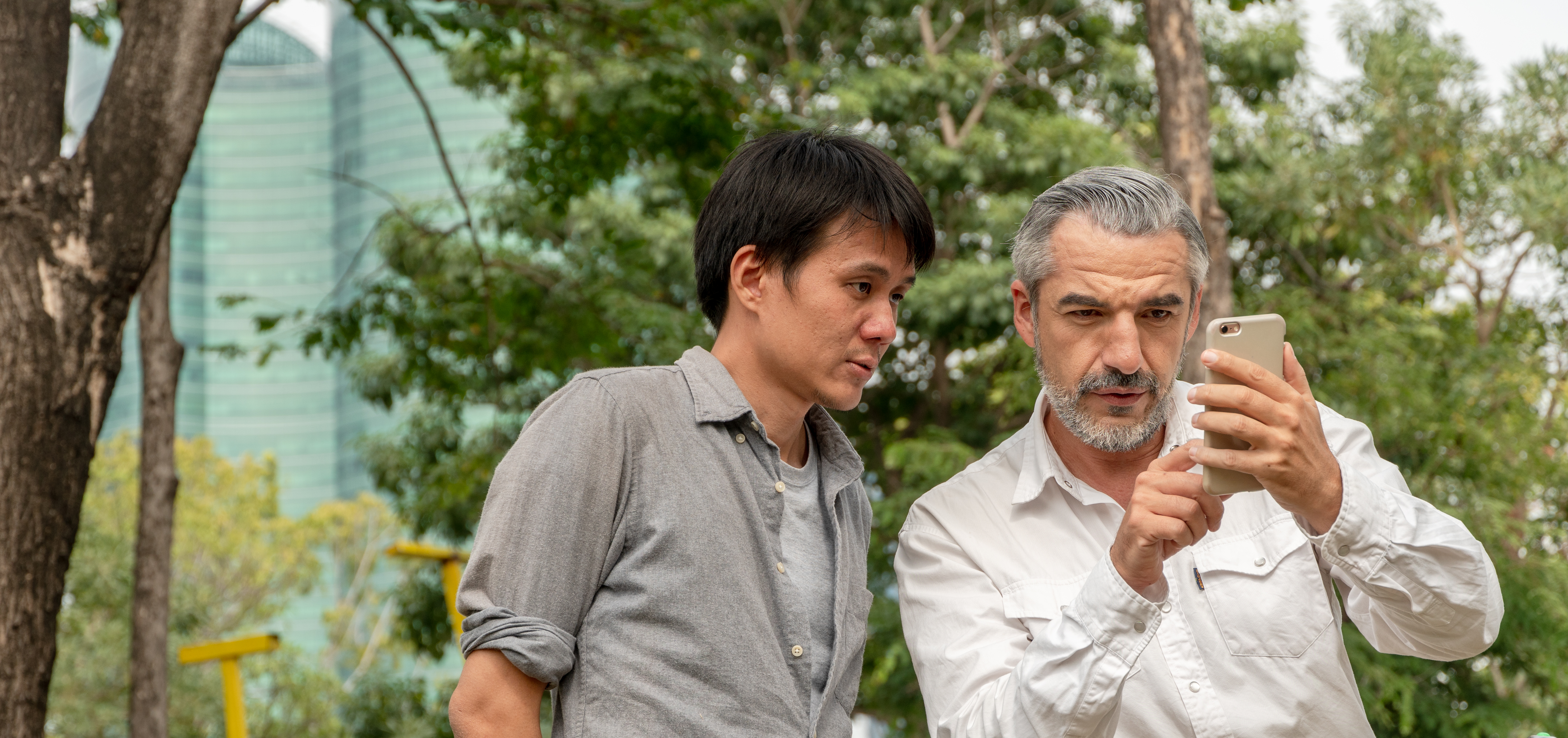
One of the most common challenges faced by solo travelers is navigating language barriers. Communication is a fundamental aspect of travel, and when language becomes a barrier, it can lead to a host of misadventures. Imagine arriving in a foreign country where you cannot read the signs or understand the local dialect. This can be both frustrating and intimidating, especially when trying to ask for directions or order food. However, these situations also present an opportunity for growth. Travelers learn to rely on non-verbal communication, such as gestures and expressions, and develop patience and creativity in conveying their needs. Overcoming language barriers builds confidence and adaptability, essential traits for any traveler. As they become more adept at navigating these challenges, travelers gain a deeper appreciation for cultural diversity and the nuances of human communication, enriching their travel experiences and personal growth.
2. The Art of Getting Lost

Getting lost in an unfamiliar place is a rite of passage for solo travelers. While it can be unsettling, it is also an opportunity for exploration and discovery. When you are lost, you are forced to engage with your surroundings in a more meaningful way, paying attention to details that you might otherwise overlook. This heightened awareness can lead to unexpected encounters and serendipitous discoveries, turning a potential misadventure into a memorable experience. The process of finding your way back requires problem-solving skills, resourcefulness, and a calm demeanor. These experiences teach travelers to trust their instincts and embrace uncertainty, fostering a sense of resilience that is invaluable in both travel and life. The art of getting lost becomes a metaphor for life’s unpredictable journey, reminding us that sometimes the best experiences come from the paths we did not plan to take.
3. Coping with Loneliness

Loneliness is an inevitable part of solo travel, as the absence of familiar companionship can lead to feelings of isolation. However, coping with loneliness is also an opportunity for introspection and self-discovery. Travelers learn to enjoy their own company and find solace in solitude. This self-reliance fosters a deeper understanding of oneself and one’s needs, leading to personal growth and resilience. Moreover, loneliness can be a catalyst for social interaction, prompting travelers to reach out and connect with others. These connections, often formed with fellow travelers or locals, can lead to meaningful friendships and cultural exchanges that enrich the travel experience. By embracing loneliness and transforming it into a positive force, solo travelers develop emotional resilience and a greater appreciation for human connection, both of which are essential for navigating the complexities of life.
4. Overcoming Cultural Misunderstandings
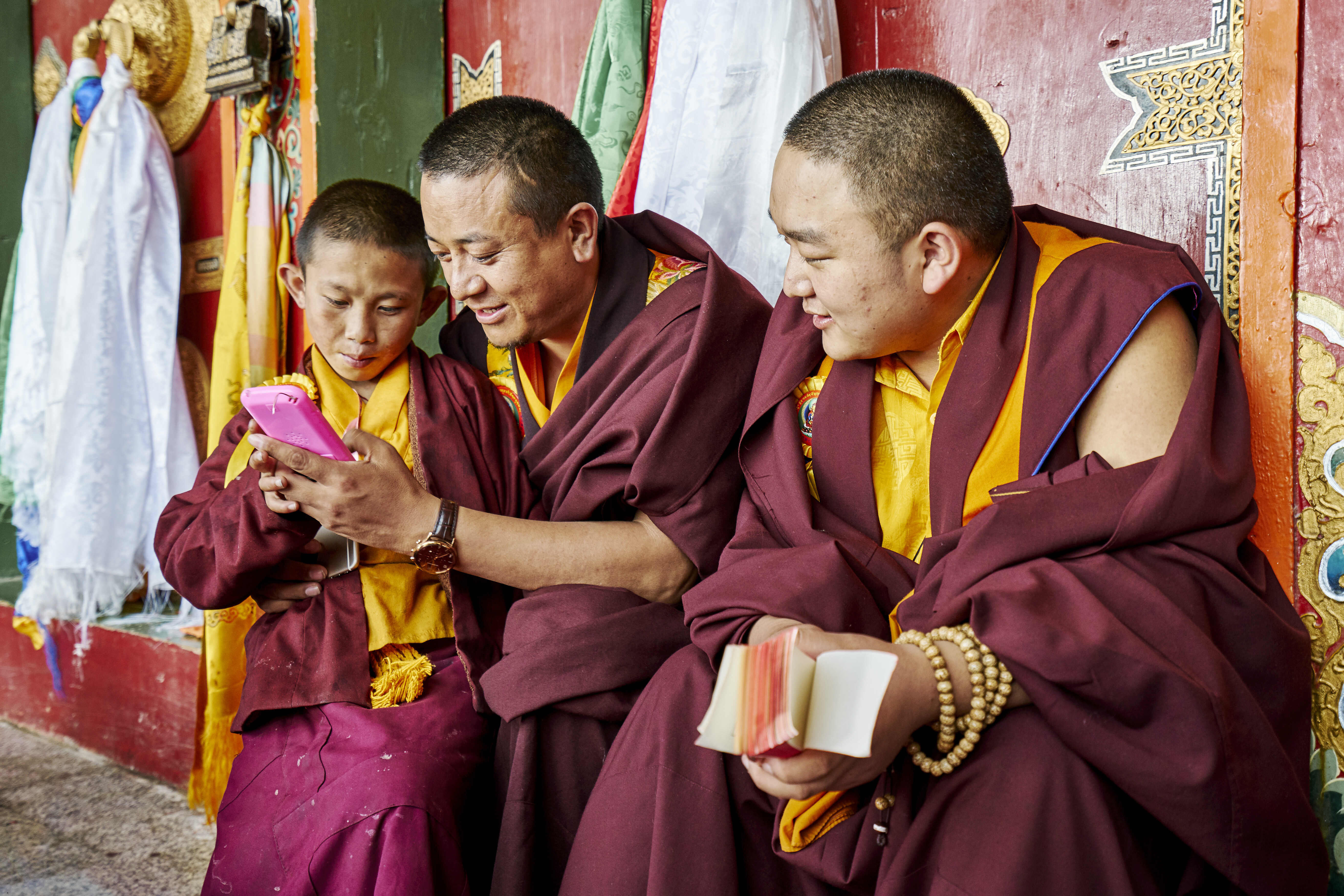
Cultural misunderstandings are a common misadventure for solo travelers, as different customs and social norms can lead to confusion and unintended offense. These misunderstandings are often the result of assumptions and a lack of awareness, but they also present an opportunity for learning and growth. By confronting these situations, travelers gain a deeper understanding of cultural diversity and the importance of empathy and open-mindedness. They learn to approach unfamiliar customs with curiosity and respect, seeking to understand rather than judge. This cultural sensitivity enhances the travel experience and fosters a more inclusive worldview. Overcoming cultural misunderstandings builds resilience by teaching travelers to adapt to new environments and navigate complex social dynamics. It also reinforces the importance of humility and the willingness to learn from others, qualities that are invaluable in both travel and life.
5. Handling Unexpected Emergencies

Unexpected emergencies, such as illness, injury, or theft, are daunting challenges for solo travelers. These situations require quick thinking, problem-solving skills, and the ability to remain calm under pressure. Handling emergencies alone can be overwhelming, but it also builds resilience and self-reliance. Travelers learn to assess situations, make informed decisions, and seek help when needed. These experiences reinforce the importance of preparation and adaptability, as travelers realize the value of having a contingency plan and being resourceful. Overcoming emergencies also fosters a sense of empowerment, as travelers gain confidence in their ability to handle adversity. These lessons extend beyond travel, equipping individuals with the skills and mindset to navigate life’s challenges with resilience and determination.
6. Budgeting Blunders and Financial Lessons
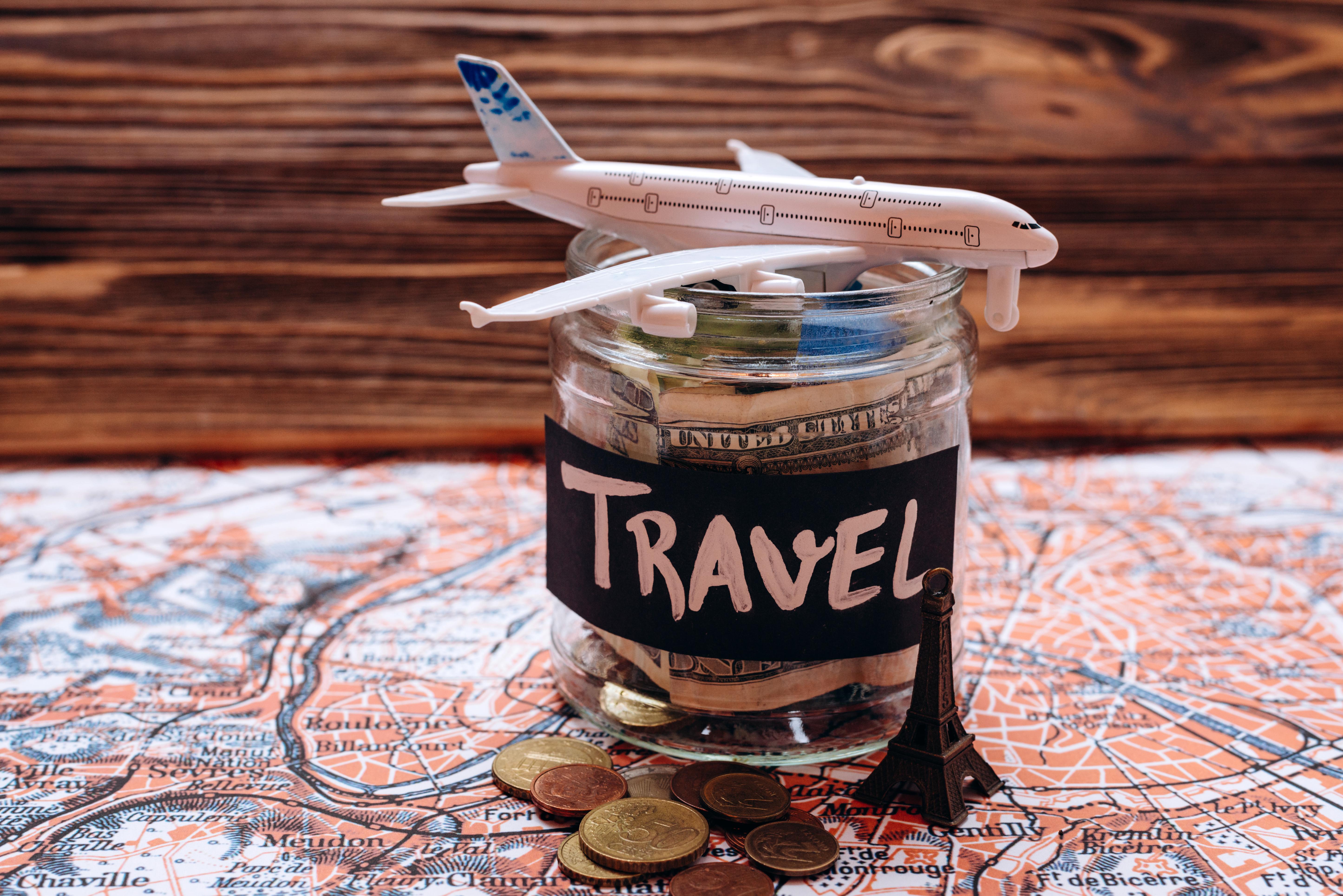
Managing finances is a critical aspect of solo travel, and budgeting blunders are a common misadventure. Whether it’s overspending, losing money, or encountering unexpected expenses, financial challenges can be stressful and overwhelming. However, these experiences also provide valuable lessons in financial management and responsibility. Travelers learn to prioritize spending, seek cost-effective solutions, and adapt to changing circumstances. These skills are essential for maintaining financial stability and ensuring a successful travel experience. Budgeting blunders teach travelers to be mindful of their resources and make informed decisions, fostering a sense of discipline and resilience. By overcoming financial challenges, travelers gain a greater appreciation for the value of money and the importance of planning, skills that are applicable to both travel and everyday life.
7. Confronting Personal Fears

Solo travel often requires confronting personal fears, whether it’s a fear of flying, heights, or social interaction. These fears can be paralyzing, but they also present an opportunity for growth and empowerment. By facing their fears head-on, travelers build confidence and resilience, proving to themselves that they are capable of overcoming obstacles. This process of confronting and overcoming fears is transformative, leading to a greater sense of self-awareness and empowerment. Travelers learn to embrace discomfort and uncertainty, recognizing that growth often comes from stepping outside of one’s comfort zone. These experiences foster a mindset of courage and determination, qualities that are essential for navigating the complexities of life. By confronting their fears, solo travelers not only enhance their travel experiences but also develop the resilience to face future challenges with confidence and grace.
8. Navigating Transportation Mishaps
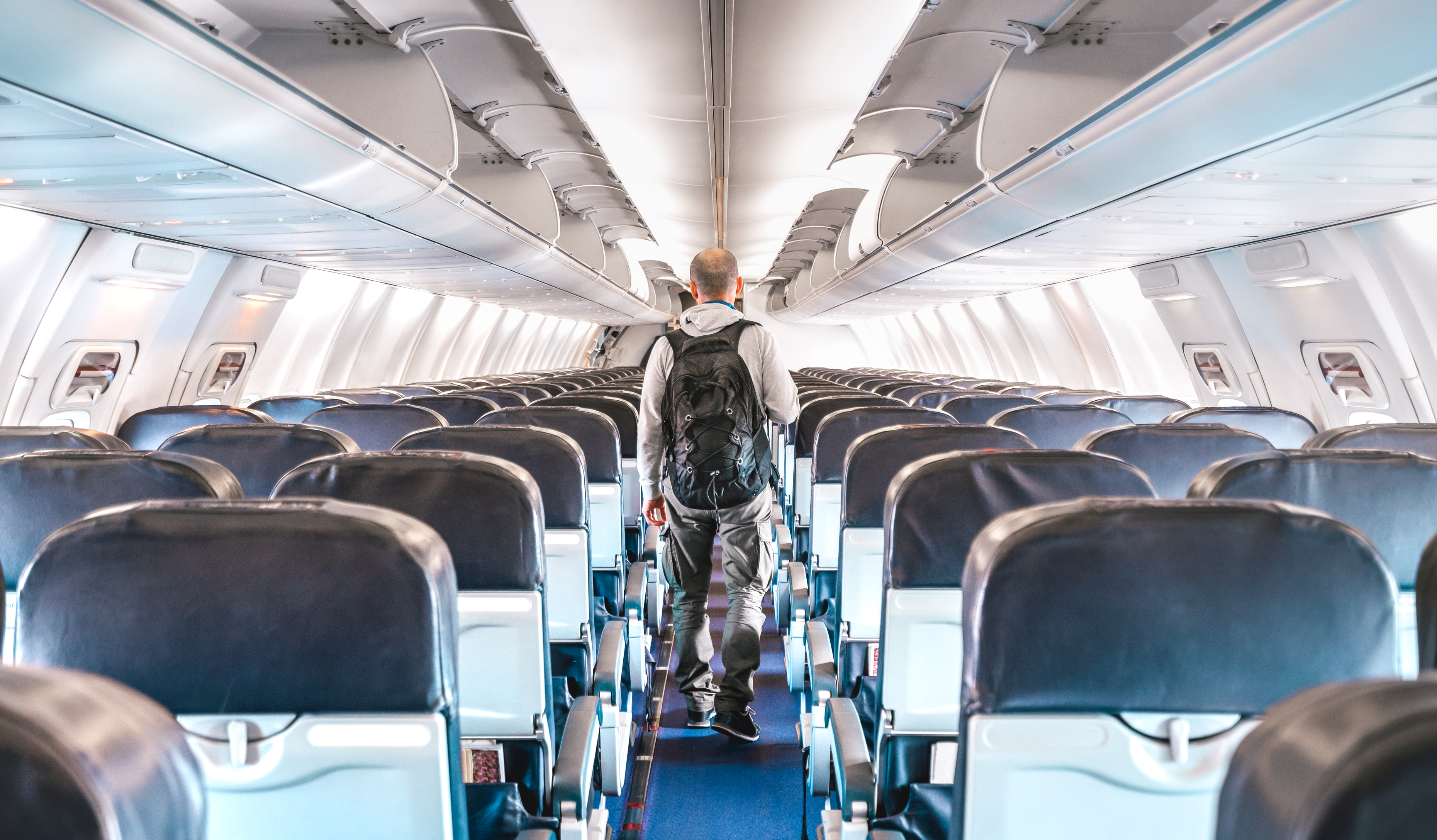
Transportation mishaps, such as missed flights, delayed trains, or lost luggage, are common misadventures for solo travelers. These situations can be frustrating and inconvenient, but they also provide an opportunity for problem-solving and adaptability. Travelers learn to navigate complex transportation systems, communicate with service providers, and find alternative solutions. These experiences build resilience by teaching travelers to remain calm under pressure and adapt to changing circumstances. Moreover, transportation mishaps often lead to unexpected adventures and encounters, turning a potential setback into a memorable experience. By navigating these challenges, travelers gain confidence in their ability to handle adversity and embrace the unpredictability of travel. These lessons extend beyond travel, equipping individuals with the skills and mindset to navigate life’s challenges with resilience and determination.
9. Embracing the Unexpected

One of the most rewarding aspects of solo travel is the ability to embrace the unexpected. Misadventures often lead to unplanned experiences and encounters that enrich the travel experience and foster personal growth. Travelers learn to let go of rigid plans and expectations, allowing themselves to be open to new possibilities and opportunities. This flexibility and openness to change are essential for navigating the unpredictability of travel and life. By embracing the unexpected, travelers develop a mindset of curiosity and adaptability, recognizing that the best experiences often come from the unplanned moments. These experiences foster a sense of resilience and empowerment, as travelers gain confidence in their ability to navigate uncertainty and embrace the unknown. This mindset of embracing the unexpected is a valuable lesson that extends beyond travel, equipping individuals with the resilience and adaptability to thrive in an ever-changing world.
10. Building a Global Community
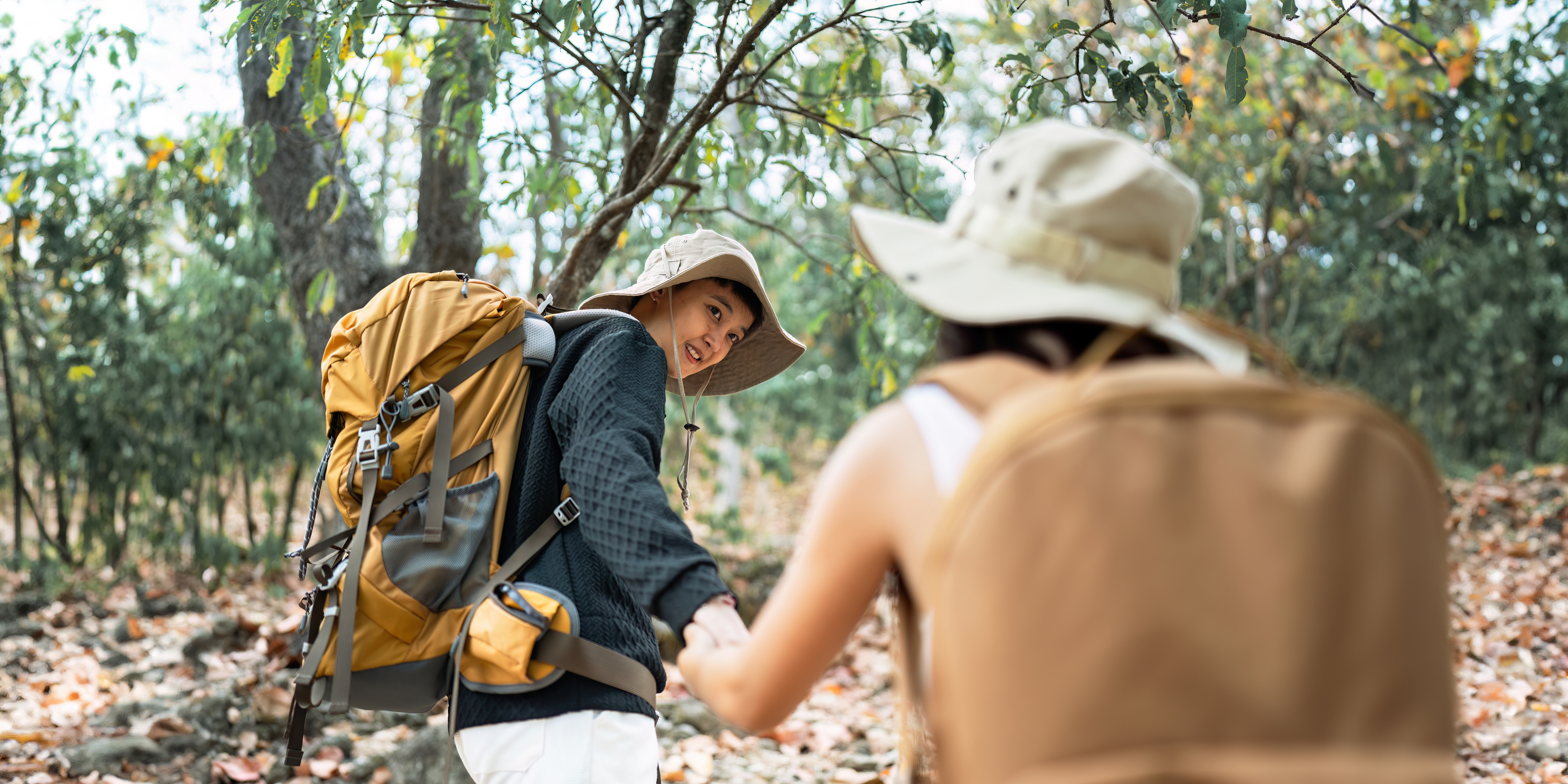
Solo travel often leads to the formation of a global community, as travelers connect with people from diverse backgrounds and cultures. These connections are often formed through shared experiences and misadventures, fostering a sense of camaraderie and mutual support. Travelers learn to appreciate the value of human connection and the importance of empathy and understanding. These relationships enrich the travel experience and foster a more inclusive worldview, as travelers gain a deeper understanding of cultural diversity and the interconnectedness of humanity. By building a global community, travelers develop a sense of belonging and purpose, recognizing that they are part of a larger global family. This sense of community fosters resilience and empowerment, as travelers gain confidence in their ability to connect with others and navigate the complexities of the world. These lessons extend beyond travel, equipping individuals with the skills and mindset to build meaningful relationships and contribute to a more inclusive and interconnected world.
Solo travel is a transformative journey that challenges individuals to confront their fears, navigate adversity, and embrace the unknown. The misadventures encountered along the way become pivotal moments of growth, shaping the traveler into a more resilient and resourceful individual. Through the challenges of language barriers, cultural misunderstandings, and unexpected emergencies, travelers develop the skills and mindset needed to navigate the complexities of travel and life. These experiences foster a sense of resilience and empowerment, as travelers gain confidence in their ability to handle adversity and embrace the unpredictability of life. By embracing the unexpected and building a global community, solo travelers develop a deeper understanding of themselves and the world around them. The lessons learned from solo travel misadventures extend beyond travel, equipping individuals with the resilience and adaptability to thrive in an ever-changing world. As travelers return home, they carry with them the transformative power of solo travel, ready to face the challenges of life with confidence, grace, and unbreakable resilience.

